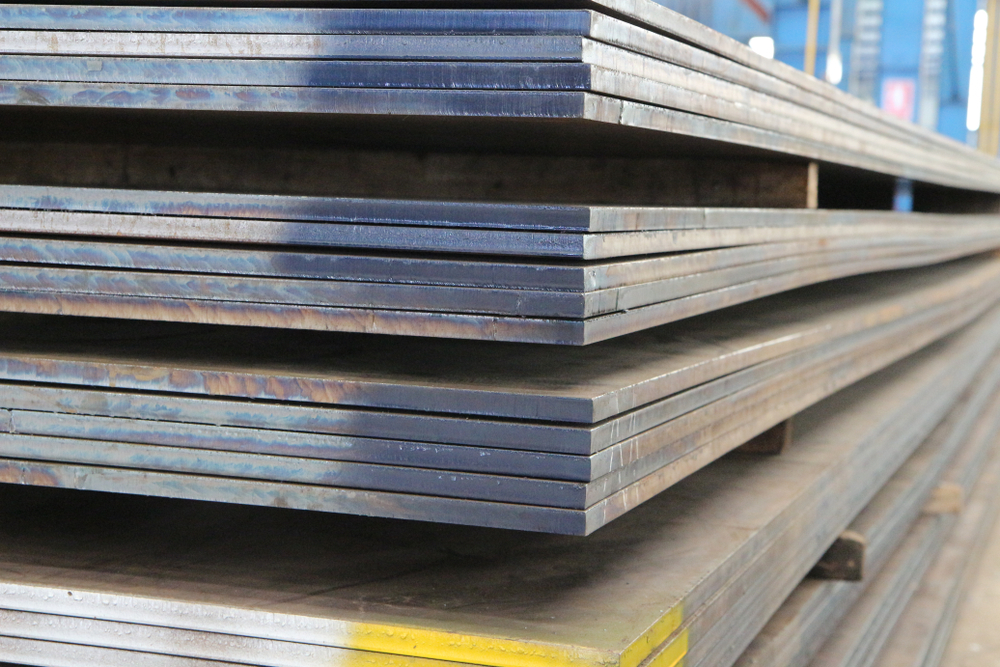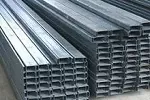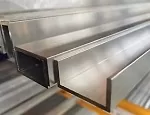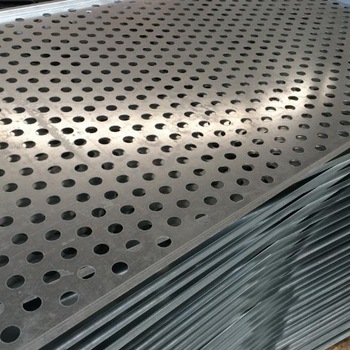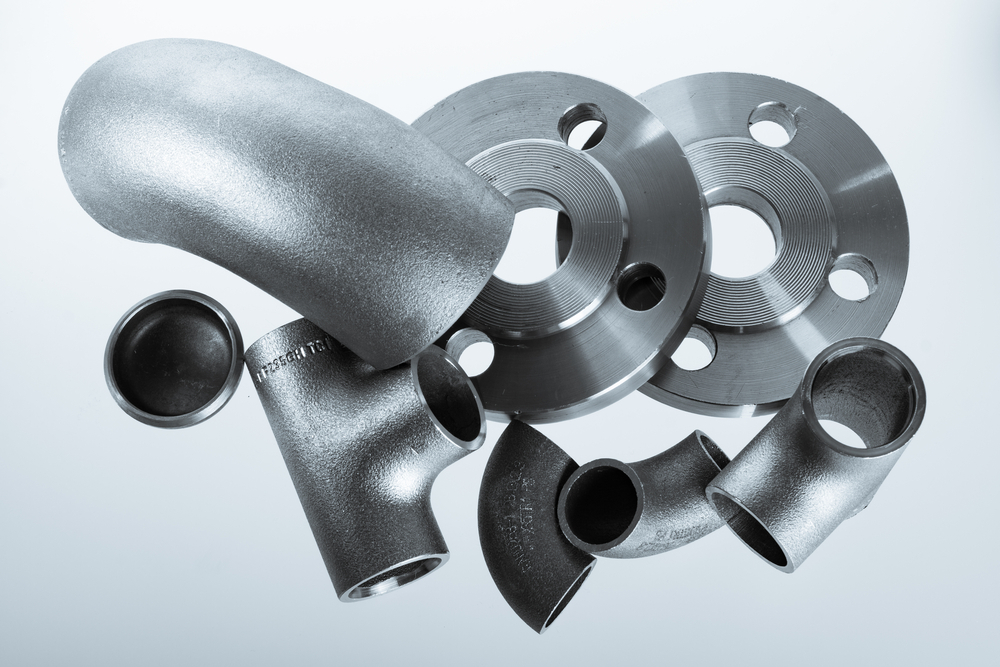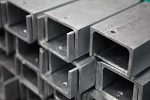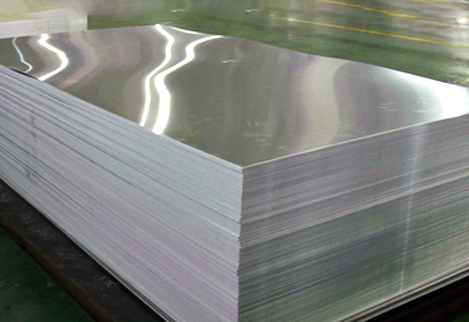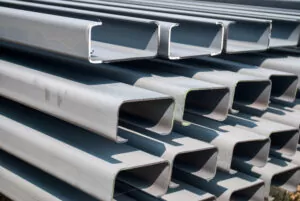Essential structural elements, aluminium U channel provide a variety of options for manufacturing and construction projects. These channels are lightweight and offer exceptional strength and stability thanks to their unique U-shaped design. Aluminium U channels are widely used in architectural trim, framing, and support systems. Their durability and resistance to corrosion make them perfect for both indoor and outdoor applications in Singapore's varied sectors.
L-shaped or angle bars are essential structural elements used in manufacturing and construction. In many different uses, such as framing, bracing, and reinforcement, they offer stability and support. Angle bars are simple to work with and adaptable, whether they are made of steel, aluminium, or another metal. Angle bars are extremely useful in the construction sector because of their strength and longevity. They are frequently used in vehicle frames, shelving units and building frames.
A structural element having a C-shaped cross-section is called a C channel, sometimes referred to as a C-beam. In a variety of engineering and construction applications, it offers strength and support. C channels are widely utilised in equipment, purlins and structural frames because of their endurance and adaptability. They meet a variety of industrial purposes by being made of various materials, including steel, aluminium, and stainless steel, and they guarantee structural designs' stability and dependability.
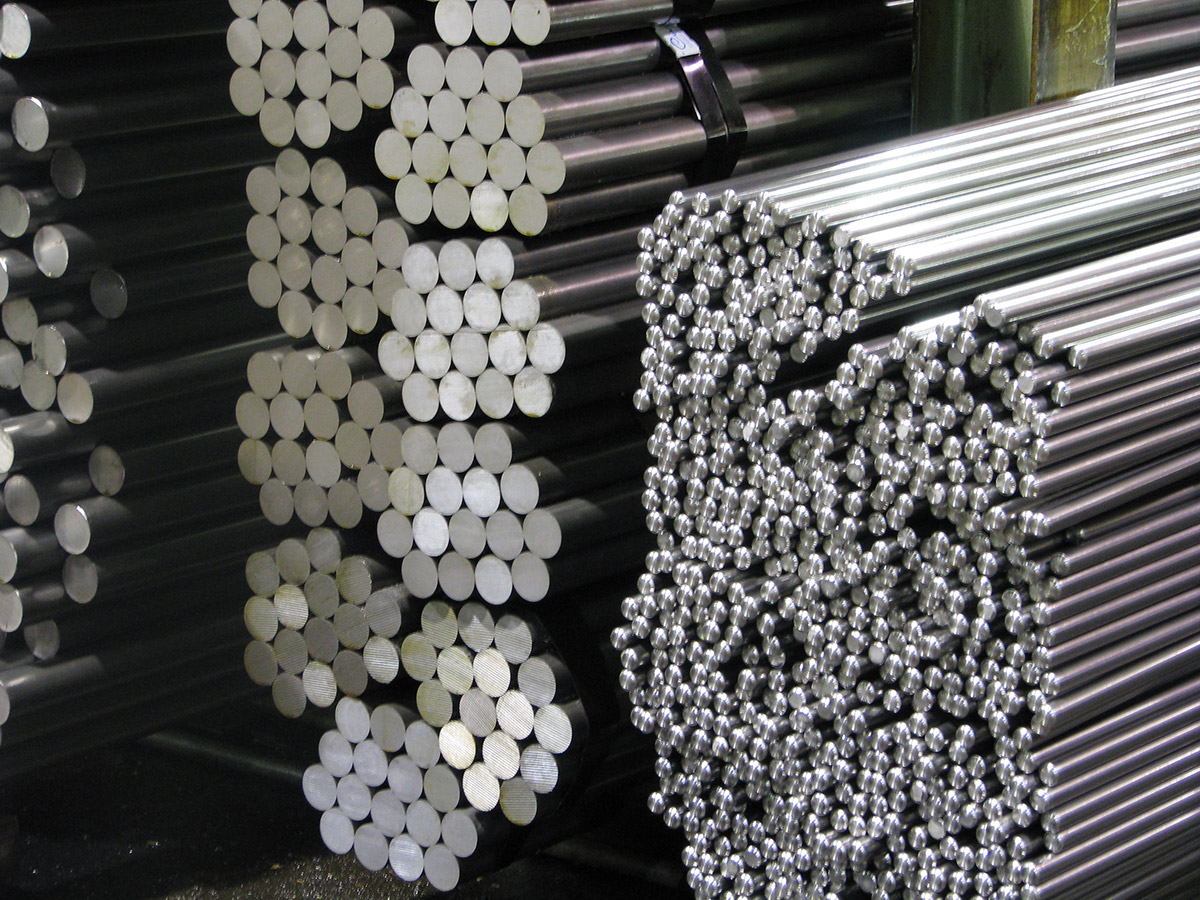
A sort of metal sheet with a pattern of raised diamonds or lines on one side is called a chequered plate, sometimes referred to as a chequered plate or diamond plate. Chevron plates are perfect for flooring, ramps, stairs, and other areas where traction is crucial because of their anti-slip pattern. Chevrored plates are frequently utilised in commercial kitchens, industrial settings, and transit vehicles to improve safety and reduce accidents caused by slick surfaces.
One sheet of metal is sliced and stretched to create a pattern of diamond-shaped apertures that is known as expanded metal mesh. This is a very adaptable material. Because of its special design, expanded metal mesh is strong, flexible, and suited for a wide range of applications. Fencing, safety barriers, walkways, ventilation panels, and decorative screens are among the common applications. Excellent ventilation, visibility, and security are all made possible by its lightweight yet strong structure, which makes it a great option for both indoor and outdoor projects.
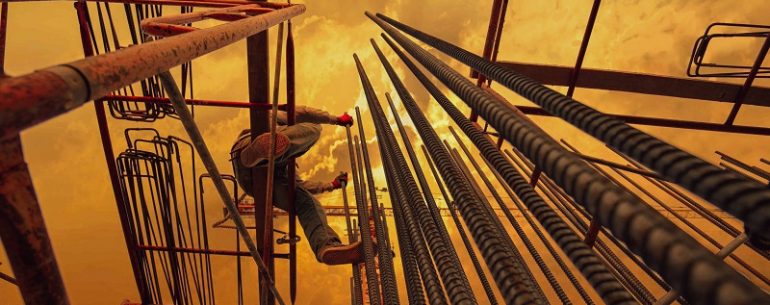
In order to lower a metal bar's diameter and lengthen it, cold drawn steel is manufactured by dragging or drawing it through a die at room temperature. Accurate dimensional accuracy and a flawless surface finish are the outcomes of this process. The enhanced mechanical qualities of cold-drawn steel are well-known, and these qualities include greater strength, hardness, and surface quality. Cold drawn steel is widely utilised in the manufacturing of precision components, shafts, rods, and fasteners. It is highly machinable and adaptable for a wide range of industrial uses.
Steel and chromium alloys are used to create corrosion-resistant tubes known as stainless steel pipes. These pipes are incredibly robust and fit a variety of uses in the manufacturing, automotive, and construction sectors. Stainless steel pipes are well-suited for transporting fluids and gases in challenging conditions due to their exceptional resistance to rust, corrosion, and thermal shock. They are frequently found in chemical processing facilities, food processing companies, wastewater treatment plants, and plumbing systems. Stainless steel plates are a popular option for critical infrastructure and industrial applications due to their superior mechanical qualities and hygienic features, which provide long-lasting performance and dependability.
